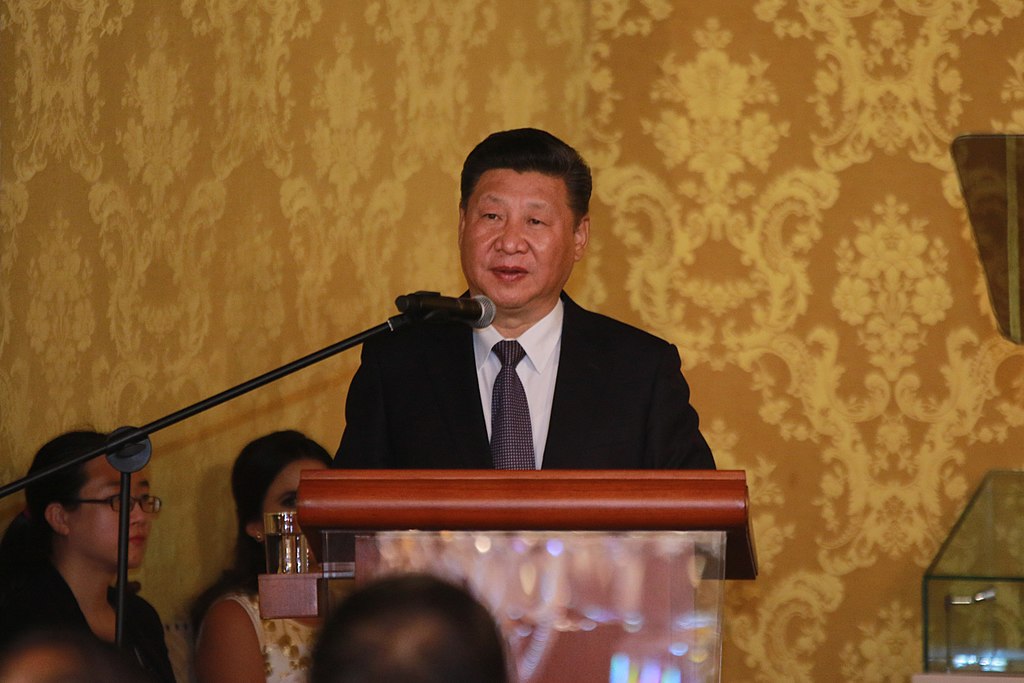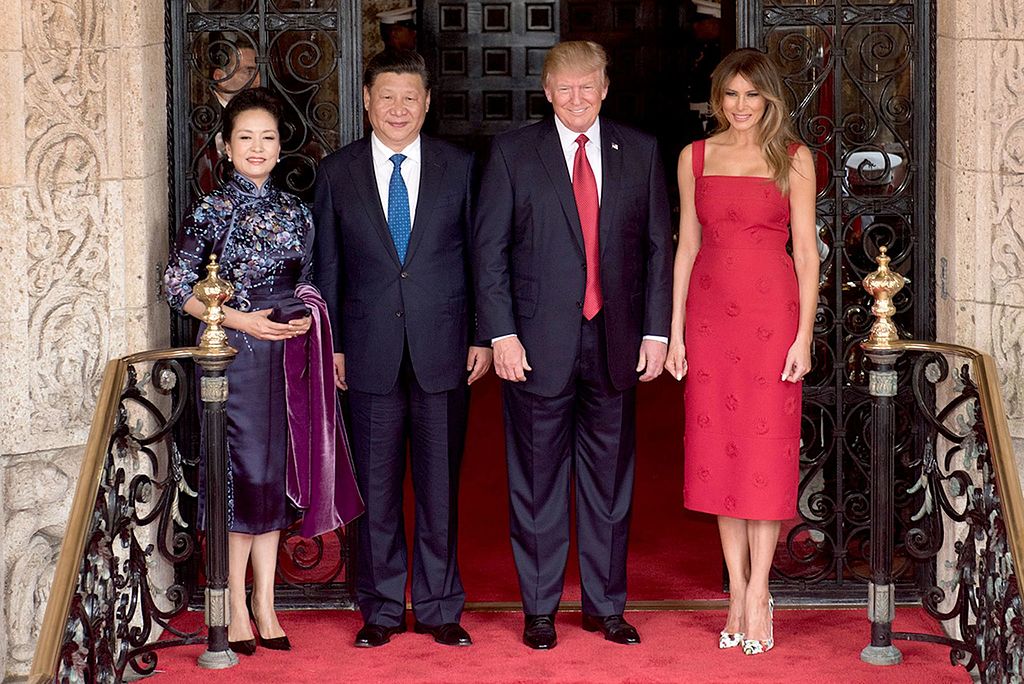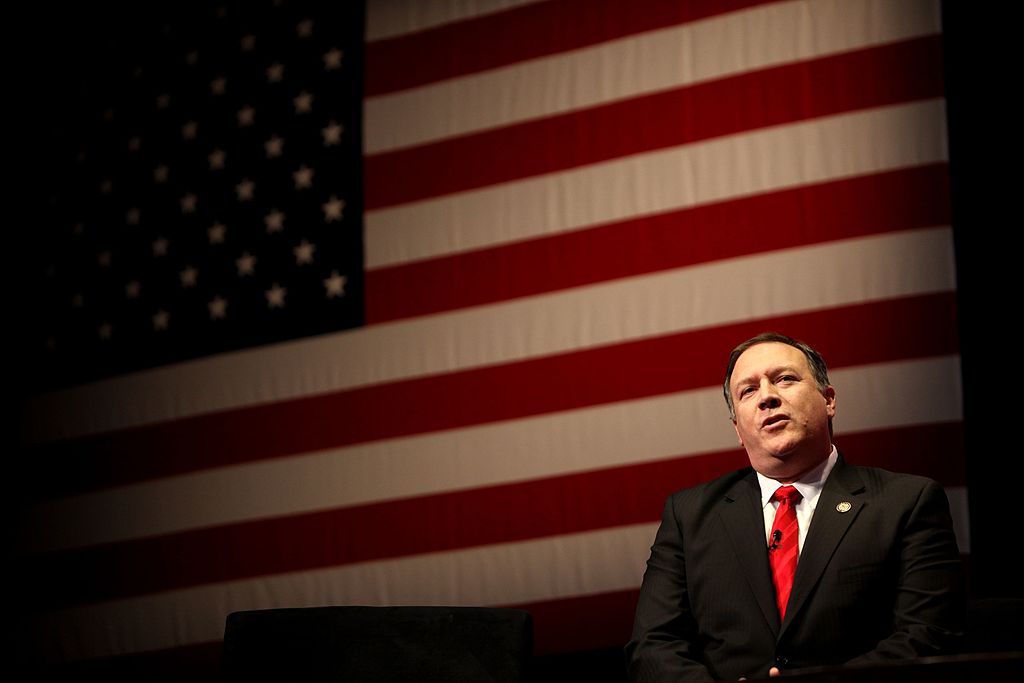
Chen Jimin, Guest Researcher, Center for Peace and Development Studies, China Association for International Friendly Contact
Mar 29, 2018
China needs to keep its composure and resist the impulse towards a strategic showdown with the United States.

Sourabh Gupta, Senior Fellow, Institute for China-America Studies
Mar 19, 2018
The Section 232 measure is a highly unconventional and controversial one to restrain imports on the basis of their detrimental impact on U.S. national security. Worse, its employment against foreign trade partners, including China, is likely to be the first volley in an increasingly torrid summer of lethal trade pyrotechnics. The worst is yet to come.

Lucio Blanco Pitlo III, President of Philippine Association for Chinese Studies, and Research Fellow at Asia-Pacific Pathways to Progress Foundation
Mar 16, 2018
Cooper and Douglas presented four visions of U.S. strategy towards China: primacy, balance, concert and integration. President Trump’s persona, rhetoric and actions suggest that he will lean more towards primacy with an element of balance in dealing with China. Primacy and balance constitute viable strategies in dealing with an emerging rival, but over reliance on these two unnecessarily limits U.S. foreign policy maneuverability and poses serious danger.

Wang Fan, Vice President, China Foreign Affairs University
Mar 15, 2018
The summit will accomplish almost nothing if no conditions are set, and the summit will not materialize at all if too many conditions are put on the table.

Ben Reynolds, Writer and Foreign Policy Analyst in New York
Mar 14, 2018
Regarding China, Pompeo is likely to offer more of the same mixed approach that has thus far characterized the Trump administration’s policy. On the one hand, Pompeo has endorsed the notion that China is an economic threat to the United States, and on the other hand, Pompeo has spoken positively of Xi Jinping, particularly with reference to China’s role in helping to place pressure on North Korea.
Mar 12, 2018
The Trump administration wants China to import more cars, aircraft, soybeans and natural gas.

Yin Chengde, Research Fellow, China Foundation for International Studies
Mar 02, 2018
Trump has made a mess of US diplomacy. How has he gotten away with it?
Mar 02, 2018
President Donald Trump announced on Thursday he would impose hefty tariffs on imported steel and aluminum to protect U.S. producers, risking retaliation from major trade partners like China, Europe and neighboring Canada as well as helping to trigger a large selloff on Wall Street.
Mar 01, 2018
Several top U.S. steel and aluminum executives have been invited to the White House on Thursday for what could be a major trade announcement, according to two people familiar with the meeting.

Wu Zurong, Research Fellow, China Foundation for Int'l Studies
Feb 27, 2018
Prudence needs to be exercised, and more dialogue and cooperation is the best strategy.
Back to Top

- China-US Focus builds trust and understanding between the U.S. and China through open dialogue among thought leaders.
- Our Offerings
- Topics
- Videos
- Podcasts
- Columnists
- Research Reports
- Focus Digest
- Stay Connected
-
Thanks for signing up!
- Get the latest stories from China-US Focus weekly.